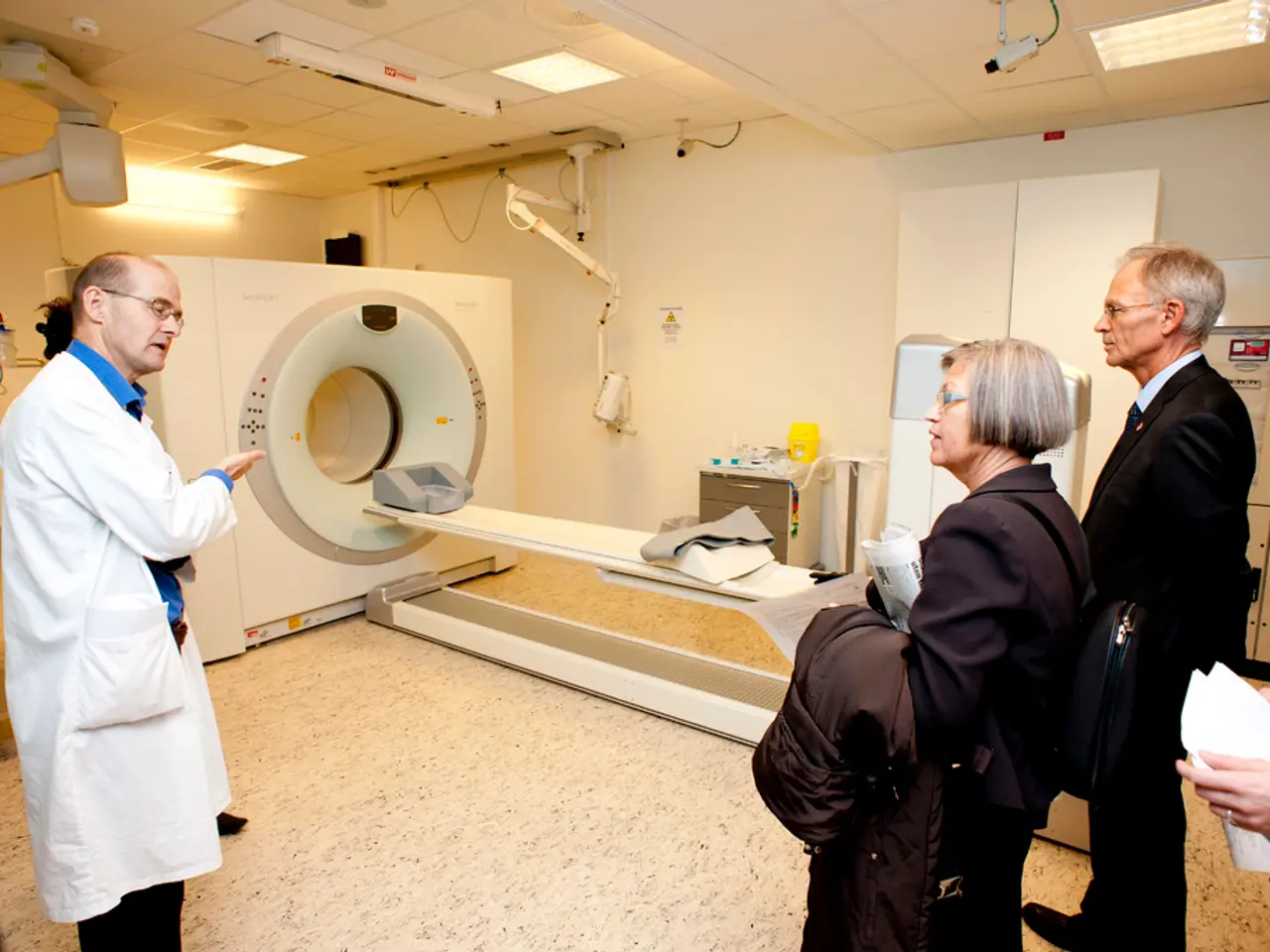Medicare Coverage, Options, and Expenses for Opdivo Treatment
In the realm of cancer treatment, Opdivo (nivolumab) has emerged as a significant option for individuals battling skin cancer, lung cancer, and certain resistant cancers. For Medicare beneficiaries seeking this treatment, several financial assistance options are available to help manage the associated costs.
Firstly, the Bristol-Myers Squibb Patient Assistance Foundation offers support to eligible patients. This nonprofit organisation helps patients access brand-name medications from Bristol-Myers Squibb, including Opdivo. To qualify, patients must reside in the U.S., be treated by a licensed doctor as outpatients, and meet income limits - typically an annual household income under $40,770 for individuals or $54,930 for two-person households. Even if over income limits, patients with cancer may still qualify. The application process requires completion with supporting documents like tax returns and doctor’s treatment information.
Secondly, Medicare beneficiaries with limited income and resources may qualify for Extra Help to reduce prescription drug costs, which can help cover some of Opdivo’s expenses depending on plan specifics.
When it comes to Medicare coverage, Opdivo is covered under Part B or Part D depending on how it's administered. However, oncology providers face increasing payer scrutiny and prior authorization requirements due to the high cost of drugs like Opdivo, potentially causing payment delays.
Manufacturer and insurer programs, such as co-pay programs or insurer-specific financial aid, should also be explored. These may have eligibility restrictions.
It's essential to note that Medicare beneficiaries may still be responsible for some out-of-pocket costs, including deductibles, coinsurance, copayments, and premiums. To find and compare Medicare Advantage plans in their location, beneficiaries can utilise the Medicare online plan finder tool.
For those without private health insurance, federally qualified health centers may provide some coverage. Additionally, Medicaid may help with the costs of Opdivo for people with limited income and resources.
In sum, the primary direct support for Medicare patients comes from the Bristol-Myers Squibb Patient Assistance Foundation and Medicare’s Extra Help program. However, navigating insurance coverage complexities and prior authorization challenges for reimbursement of Opdivo treatment is necessary.
- The Bristol-Myers Squibb Patient Assistance Foundation, a nonprofit healthorganization, extends support to patients seeking Opdivo, a treatment for various cancers, by offering access to brand-name medications, including Opdivo, for eligible patients who meet income limits and other criteria.
- Medicare beneficiaries with limited income and resources may qualify for Extra Help, a program that can help reduce prescription drug costs, potentially covering some of Opdivo's expenses, depending on plan specifics.
- Opdivo is covered under Medicare Part B or Part D, depending on how it's administered, but oncology healthproviders, who may face increased payer scrutiny and prior authorization requirements due to high drug costs, could potentially experience payment delays.
- Manufacturer and insurer programs, such as co-pay programs or insurer-specific financial aid, should also be explored as additional financial assistance options for Opdivo treatment, although they may have eligibility restrictions.
- Some out-of-pocket costs like deductibles, coinsurance, copayments, and premiums may still be the responsibility of Medicare beneficiaries. They can utilize the Medicare online plan finder tool to find and compare Medicare Advantage plans in their area.
- For those without private healthinsurance, federally qualified health centers may provide some coverage or assistance, while Medicaid may help with the costs of Opdivo for individuals with limited income and resources.




